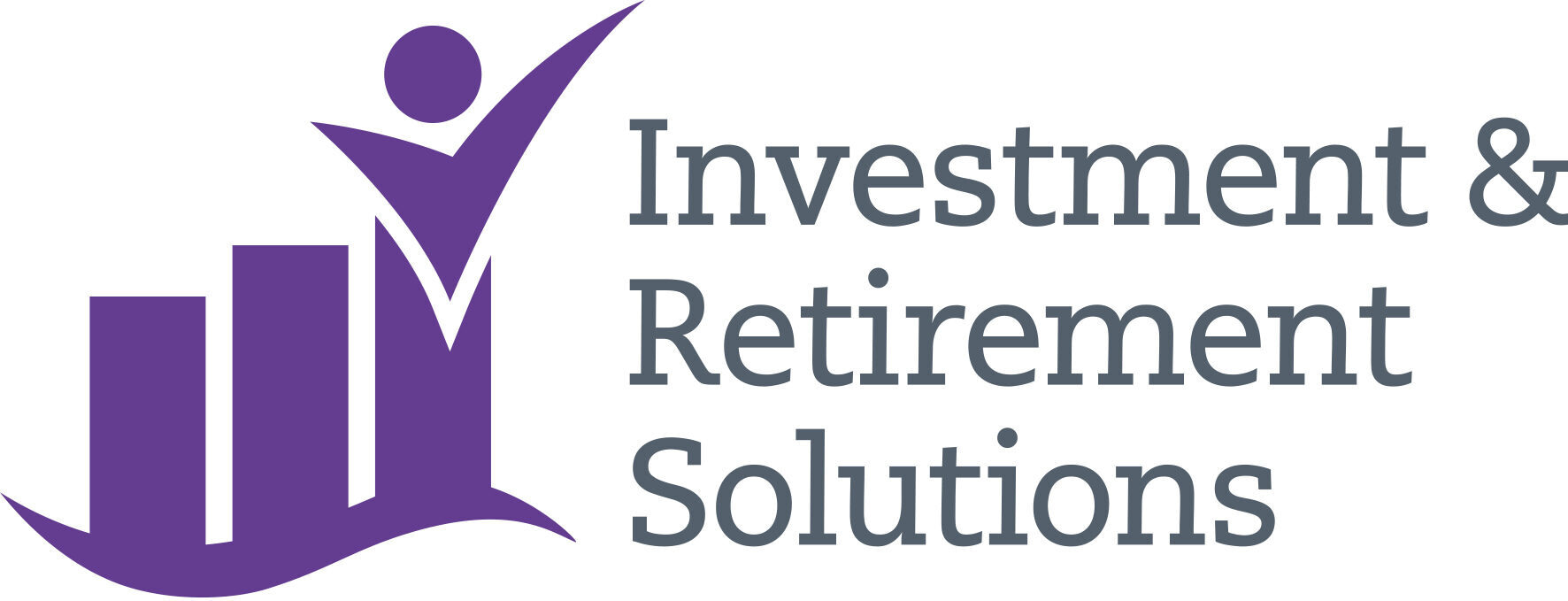Bonds are often an integral part of an investment portfolio; here we take a closer look at what they are and what you should consider when creating a balanced investment proposition.
Bonds are a common feature in many investment portfolios, alongside stocks, shares and cash assets. But how do they fit into your investment portfolio and what percentage should be allocated to bonds?
What is a bond?
Before diving into purchasing bonds, it’s important to understand exactly what they are and, therefore, how they can be beneficial to you.
A bond is essentially a loan made by an investor to a borrower, which may be a government or business, as a way to raise money. As a result, bonds are sometimes thought of like an IOU. There are two ways that a bond can pay out:
- Final payment is made when the bond matures
- Or smaller payments are made during the term
By the end of the maturity date on a bond, the original loan amount must be paid back or risk defaulting. When you purchase a bond think of it as buying the right to future payments, whether this is a lump sum or smaller amounts. The yield on bonds depends on these amounts in comparison to how much you paid. Typically, bonds that have a longer maturity date will pay a higher interest rate.
Bonds are linked to interest rates too. When interest rates are low, bond prices tend to be higher. As a result, the current economic climate of low-interest rates means you can expect to pay more for bonds.
Many corporate and government bonds are traded publicly and give you a chance to sell bonds within your investment portfolio before they reach maturity. However, this isn’t always the case and the secondary market will vary depending on the borrower.
How do bonds fit into your investment portfolio?
Investment portfolios should be diversified to spread risk. This includes the types of assets you hold.
Bonds can provide your investment portfolio with a balance in terms of risk. Generally speaking, bonds are considered to pose a lower risk to investors than stocks and shares, though higher than cash assets.
Of course, bonds aren’t entirely risk-free. There is a chance that the borrower will default on the payments and you won’t receive your initial investment back. Whilst bonds are generally considered lower in risk to stocks and shares, it’s important to check the reliability of the borrower when conducting research.
Creating an investment portfolio that suits you
Whilst bonds are often an important building block when creating a suitable investment portfolio, the allocation level should consider your financial situation. For some people, a higher portion of investments in bonds can help create stability and reduce volatility. For others, a high portion of bonds won’t offer the potential to create the returns they’re looking for. The allocation of your investment portfolio should always be tailored to suit you.
When creating or reviewing your investments in terms of allocations, some of the areas to consider are:
- What are your investment goals?
- How long do you intend to remain invested for?
- What is your capacity for loss and overall attitude to risk?
- How comfortable are you with investment volatility?
- What other assets do you hold and what risk level are they?
These types of questions can help you gain an understanding of your current financial circumstances and the level of risk that’s right for you. This can be challenging to calculate with so many different factors playing a role. However, it’s a critical step towards assessing how bonds will play a role in your portfolio.
If you’d like to discuss your investment portfolio, please contact us. Our goal is to help you build an investment proposition that matches your aspirations and financial situation.
Please note: The value of your investment can go down as well as up and you may not get back the full amount you invested. Past performance is not a reliable indicator of future performance.

